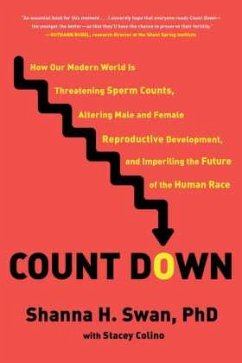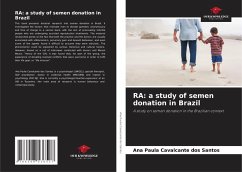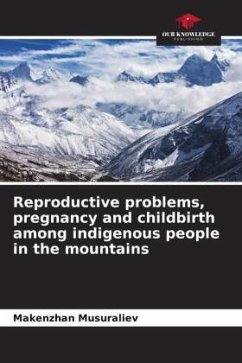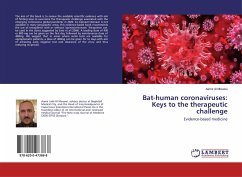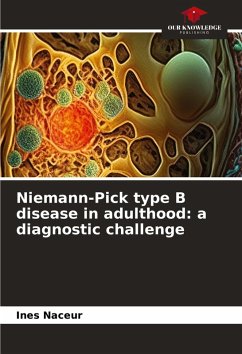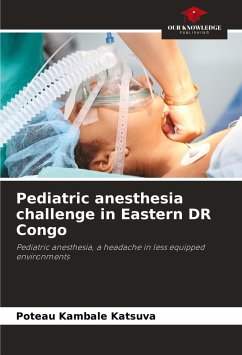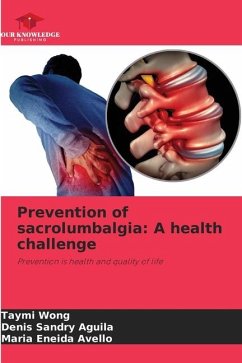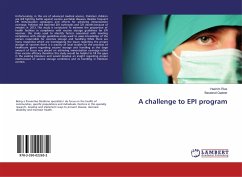
Embryonic Implantation Failure, the Challenge of Human Reproduction
Versandkostenfrei!
Versandfertig in 6-10 Tagen
27,99 €
inkl. MwSt.

PAYBACK Punkte
14 °P sammeln!
Implantation results from a biochemical interaction between the embryo and the endometrium. This interaction, whose mechanisms are still partially unknown, if successful, will result in the penetration of the embryo into the endometrium, and the creation of the membranes that will surround the embryo during pregnancy (placenta), offering protection and nutrition during its growth. Thus, even if all the other steps are properly completed, pregnancy may not be achieved despite all the efforts and the most advanced technique. The assisted reproduction specialist must then study the case in greate...
Implantation results from a biochemical interaction between the embryo and the endometrium. This interaction, whose mechanisms are still partially unknown, if successful, will result in the penetration of the embryo into the endometrium, and the creation of the membranes that will surround the embryo during pregnancy (placenta), offering protection and nutrition during its growth. Thus, even if all the other steps are properly completed, pregnancy may not be achieved despite all the efforts and the most advanced technique. The assisted reproduction specialist must then study the case in greater depth in order to offer the best possible alternative for the couple's next attempt. The couple must also realise the limitations that science, although advanced, can offer. The aim of this book is to carry out a current bibliographical review of the main therapeutic strategies capable of eliminating or mitigating repeated implantation failures in In Vitro Fertilisation (IVF) cycles. The factors analysed were: maternal, embryonic, paternal, genetic and future technological considerations.



